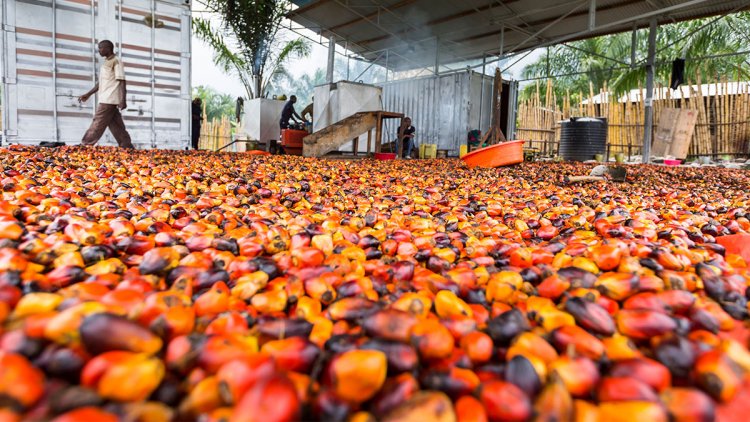4 Benefits of Using Technology in Real Estate Farming

In the 21st century, technology is the go-to solution to all problems. Farming in real estate is no exemption. Technology makes farming seamless, easier, quick, and modern in nature and operation. Purchase of land can be done online for agricultural purposes. The “tech word” for technologically assisted means of agriculture in real estate is known as “smart farming”. The benefits include the following:
1. Help identify the prospect
As mentioned above, homeowners through research can identify which piece of land is productive for agricultural purposes. The prospective agricultural land when correctly identified does generate quick business sales.
With an online website that has accurate listings of land for sale; one is able to reach potential buyers or farmers in real-time. This broadens the marketing of the land to people in diverse geographical locations.
2. It saves you time and money
Traditional marketing via traditional media is expensive. An analysis of potential buyers helps one to zero in on the specific agricultural land users. Many businesses ensure that their operations save time and money as a way to retain the client and sustain profit in the long term.
For example, social media marketing reaches many people quickly especially when you aggregate research when most people are active in their social media timelines. In having an application that targets homeowners who have gardens in their compound, they can practice small-scale farming rather than large-scale farming which isn’t a viable option for everyone.
Social media is tailored in a way that what you “feed” or comes across your timeline is part of your interests and suits every need that you would want to meet. In another instance, farmers can meet with agricultural experts via Google Meet or Zoom and exchange ideas on modern “smart farming” even when all of them are from different geographical locations. These meetings have been numerous especially post the Covid-19 era.
3. More sales and more income
Having an expensive property that still generates income is “landing a gold mine in the desert”. This is because one will sell agricultural produce to the nearby market. Additionally, the profit acquired will enable the farmer to expand their land for large-scale farming.
Alternatively, the land can be leased to small-scale farmers for their own agricultural production “needs”. The sales of this agricultural produce are targeted towards the market either physically or those in the “online spaces”. Land owned by the community still generates income and sales from the viable agricultural production as the market in this place are the “owners” of the land directly or indirectly.
These sales and income from agricultural produce in the recent past have targeted the foreign market where the agricultural produce is in dire need. These foreign markets increase the countries' earnings from foreign exchange.
4. Land’s appreciation of the value
The land is great capital for profit when used effectively. The land will appreciate in value because of agricultural profit in a productive season. Through modern technological analysis, rain patterns can be predicated and the soils great for specific crops can be nurtured on the farm. Applications have been developed that at a specific time through the phone’s “switch” can initiate irrigation and plant-based care.
One may decide to do away with farming altogether having accomplished the farming goals set. The homeowner will either use the land as a valuation tool to sell the property or sell a portion of the land for permanent agricultural use. It is important to note that while land appreciates in value, agricultural production will be done effectively via “tech” to meet the rising market demands of prospective farmers.
Indeed smart farming in real estate is a game changer.
If you have a real estate press release or any other information that you would like featured on African Real Estate Blog Post do reach out to us via email at [email protected]

































